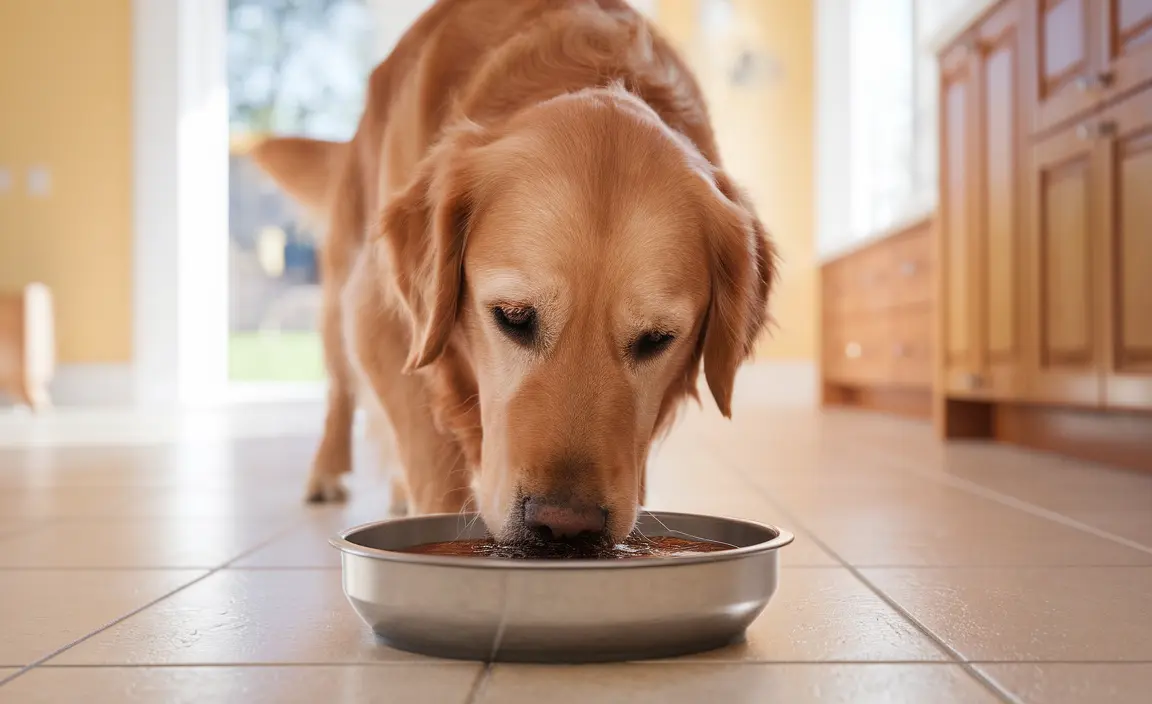As a pet owner, you want to ensure every treat and supplement you give your furry friend is safe and nutritious. Beef broth has gained popularity as a potential dietary enhancement for dogs, but many pet parents wonder about its safety and benefits. This comprehensive guide will walk you through everything you need to know about feeding beef broth to your canine companion.
Understanding Beef Broth Safety for Dogs
Beef broth can be a delicious and potentially beneficial addition to your dog's diet when prepared correctly. The key is to be mindful of ingredients and preparation methods. Not all beef broths are created equal, and some store-bought varieties can pose significant health risks to your pet.
Key Safety Considerations
- Choose broths without onions, garlic, or excessive salt
- Opt for low-sodium or homemade options
- Introduce gradually to prevent digestive issues
- Consult with your veterinarian before making dietary changes
Nutritional Benefits of Beef Broth for Dogs
When prepared properly, beef broth offers several potential health advantages for dogs. It can be particularly helpful for pets who are picky eaters, recovering from illness, or need additional hydration.
Hydration and Palatability
Dogs who struggle to drink enough water or are recovering from an illness can benefit from beef broth's moisture-rich properties. The appetizing flavor can encourage fluid intake and make meals more enticing for finicky eaters.
Potential Nutritional Advantages
- Provides additional moisture
- Contains trace nutrients like collagen
- May support joint health
- Enhances food flavor
- Can aid in digestion
How to Safely Introduce Beef Broth to Your Dog's Diet
Proper introduction is crucial to ensure your dog tolerates beef broth without experiencing digestive upset. Start with small quantities and observe your pet's reaction carefully.
Recommended Serving Guidelines
- Begin with 1-2 tablespoons mixed into regular food
- Serve at room temperature or slightly warm
- Monitor for any adverse reactions
- Use as an occasional supplement, not a meal replacement
Potential Risks and Precautions
While beef broth can be beneficial, pet owners must be aware of potential risks. Not all commercial broths are suitable for dogs, and some can contain harmful ingredients.
What to Avoid
- Broths with high sodium content
- Products containing onion or garlic
- Heavily processed store-bought broths
- Broths with artificial preservatives
Homemade vs. Store-Bought Beef Broth
Homemade beef broth gives you complete control over ingredients, making it the safest option for your dog. By preparing broth at home, you can ensure no harmful additives are included and maintain optimal nutritional value.
Homemade Broth Tips
- Use beef bones from a trusted source
- Avoid seasoning with salt or spices
- Simmer bones for several hours to extract nutrients
- Strain thoroughly to remove bone fragments
Frequently Asked Questions
Is it safe for dogs to consume beef broth, and are there any specific precautions I should take?
Yes, beef broth can be safe when prepared without harmful additives like onions, garlic, or excessive salt. Always introduce it gradually and monitor your dog's response.
How do I introduce beef broth into my dog's diet to avoid stomach upset?
Start with small amounts (1-2 tablespoons) mixed into their regular food. Observe your dog for any signs of digestive discomfort and discontinue use if adverse reactions occur.
What are the key health benefits of giving my dog beef broth regularly?
Beef broth can provide hydration, enhance food palatability, and potentially offer trace nutrients like collagen. However, it should be used as a supplement, not a primary nutritional source.
Can I use store-bought beef broth for my dog, or should I prepare it at home?
Homemade beef broth is recommended, as you can control ingredients and avoid harmful additives found in many commercial broths.
How much beef broth can I safely give my dog without causing adverse effects?
Limit beef broth to 1-2 tablespoons per serving, and use it occasionally. The amount may vary based on your dog's size, health, and dietary needs.
Always consult with your veterinarian before making significant changes to your dog's diet, and pay close attention to your pet's individual response to new food items.






